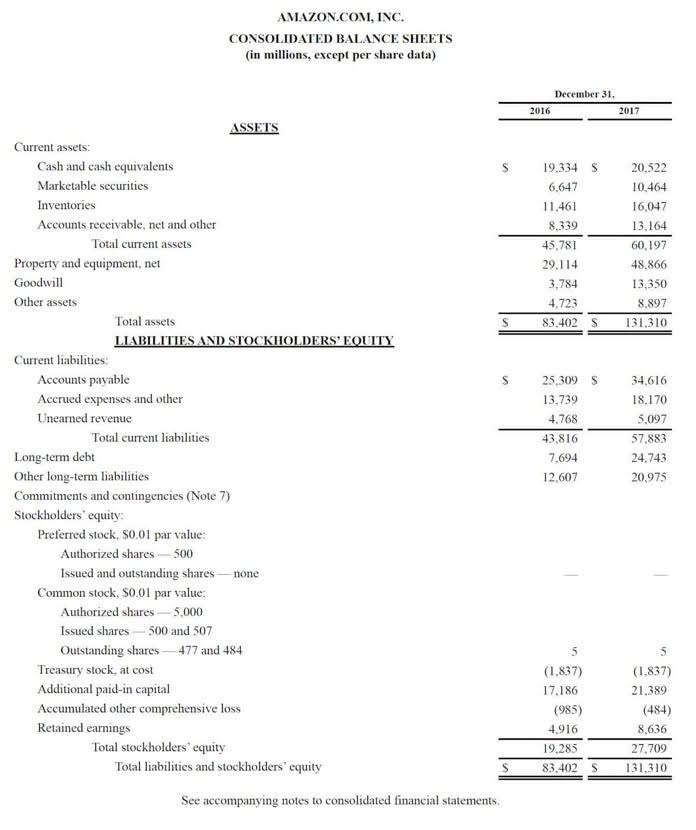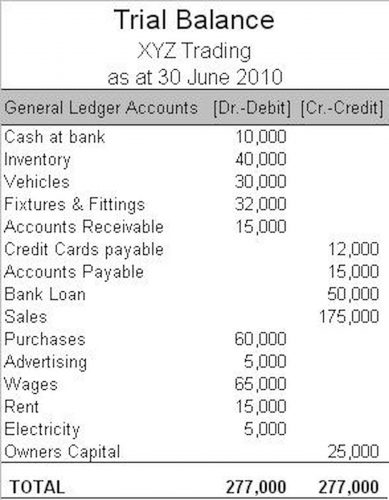Grouch provides services to the local government under a contract that only allows it to bill the government at the end of a three-month project. In the first month, Grouch generates $4,000 of billable services, for which it can accrue revenue in that month. Fiduciary duty represents a pivotal concept in the realm of financial management and advisory… IDC MarketScape vendor analysis model is designed to provide an overview of the competitive fitness of technology and suppliers in a given market. The Capabilities score measures supplier product, go-to-market and business execution in the short-term. The Strategy score measures alignment of supplier strategies with customer requirements in a 3-5-year timeframe.
Making Adjusting Entries
- Chartered accountant Michael Brown is the founder and CEO of Double Entry Bookkeeping.
- Despite these challenges, accrual accounting provides numerous benefits that far outweigh any difficulties faced.
- Deferred income seems counterintuitive at first—after all, your business has received the cash, but you can’t record it as revenue just yet.
- Accruals, however, enable businesses to recognize revenues or expenses when earned or incurred without considering when the cash is received or paid.
- For example, imagine you’re a consultant who completes a project for a client in December but doesn’t receive payment until January.
- Deferrals are adjusting entries that delay the recognition of financial transactions and push them back to a future period.
Using the accrual method, you would account for the expense needed in pursuit of revenue. When the products are delivered, you would record it by debiting deferred revenue by $10,000 and crediting earned revenue by $10,000. Let’s say a customer makes an advance payment in January of $10,000 for products you’re manufacturing to be delivered in April. You would record it as a debit to cash of $10,000 and a deferred revenue credit of $10,000. An example of revenue accrual would occur when you sell a product for $10,000 in one accounting period but the invoice has not been paid by the end of the period.
Compliance Risks
Accrued expenses would be recorded under the section “Liabilities” on a company’s balance sheet. The journal entry for accrued expenses establishes a balance sheet liability account. The term accruals and deferrals applies equally to both revenue and expenses as explained below. In subscription-based industries with software services, prepaid service agreements, and professional retainers, deferred revenue can be a significant part of a company’s operations. For example, Microsoft Corporation (MSFT) reported about $60.18 billion in deferred revenue in 2024, illustrating the significant scale of future commitments to its customers. The deferred expense of XYZ Co. will be reported in its balance sheet until the 12 months pass.
Recognizing Income at the Right Time
- At this stage, the company owes the customer that product or service, much like how it would owe money in the case of a loan.
- For instance, a company receiving an advance payment for services to be rendered in the future must defer this revenue until the service is actually performed.
- Even though you’ve paid the cash upfront, you wouldn’t recognize the entire amount as an expense in January under the deferral principle.
- This foresight prevents the premature recognition of revenue or expenses, which can distort financial statements and mislead stakeholders.
- When revenue or expenses are recognized at the wrong time, it can distort the true financial position of a company and mislead stakeholders.
Accrued revenue are amounts owed to a company for which it has not yet created invoices for. Accrual and deferral procedures are vital because they keep revenues and costs in sync. Accounting for accrual and deferral plays a vital role in appropriately matching revenue and costs. Revenue accrual happens when you sell your product for $10,000 in one accounting period but only get paid for it before the end of the period. You would hire a plumber to fix the leak but not pay until you received an invoice, https://www.fileoasis.com/49463/download-gyz-personal-database.html say, in a later month.
HighRadius Named As A Major Player For Treasury & Risk Management Software By IDC
It’s only when the service is performed or the product is delivered that the deferred revenue is recognized as earned revenue on the income statement. This transition from liability to earned revenue is crucial in reflecting the company’s financial health accurately. Expense deferral is not merely a compliance exercise; it is a strategic financial tool that, when used correctly, can provide valuable insights into a company’s operations and financial health. It requires a thorough understanding of the timing of revenue and expenses, and a meticulous approach to financial reporting.
Deferred payment is from the buyer’s viewpoint—it’s about delaying the payment for goods or services. The buyer gets the needed goods or services immediately and the seller might secure a sale they otherwise wouldn’t, possibly charging interest or a higher price in return for the deferment. While you’ve received the money, you haven’t provided the year’s worth of service yet. These articles and related content is the property of The Sage Group plc or its contractors or its licensors (“Sage”). Please do not copy, reproduce, modify, distribute or disburse without express consent from Sage.These articles and related content is provided as a general guidance for informational purposes only.
This obligation, this “debt” to the customer, is why deferred revenue is categorized as a liability. The payment is not immediately recognized as sales or revenue on the income statement. International Financial Reporting Standards (IFRS) are a set of https://www.softarmy.com/58872/download-dafftin-simple-family-budget.html accounting guidelines developed by the International Accounting Standards Board (IASB). These standards are used by companies around the world to prepare their financial statements. Accruals for revenue involve recognizing revenue before it’s received in cash, based on the principle of when it’s earned.
Deferral Policies and Regulatory Compliance
This method is particularly useful for temporary adjustments https://www.downloadwasp.com/62236/details-express-accounts-accounting-software.html that relate to expenses or revenues that span multiple periods. By reversing the adjusting entries, accountants can avoid double counting the transactions when the actual expense or revenue occurs. This is especially pertinent in accrual accounting, where expenses and revenues are recorded when they are incurred, not necessarily when cash changes hands. The key benefit of accruals and deferrals is that revenue and expense will align so businesses can account for all expenses and revenue during an accounting period.








